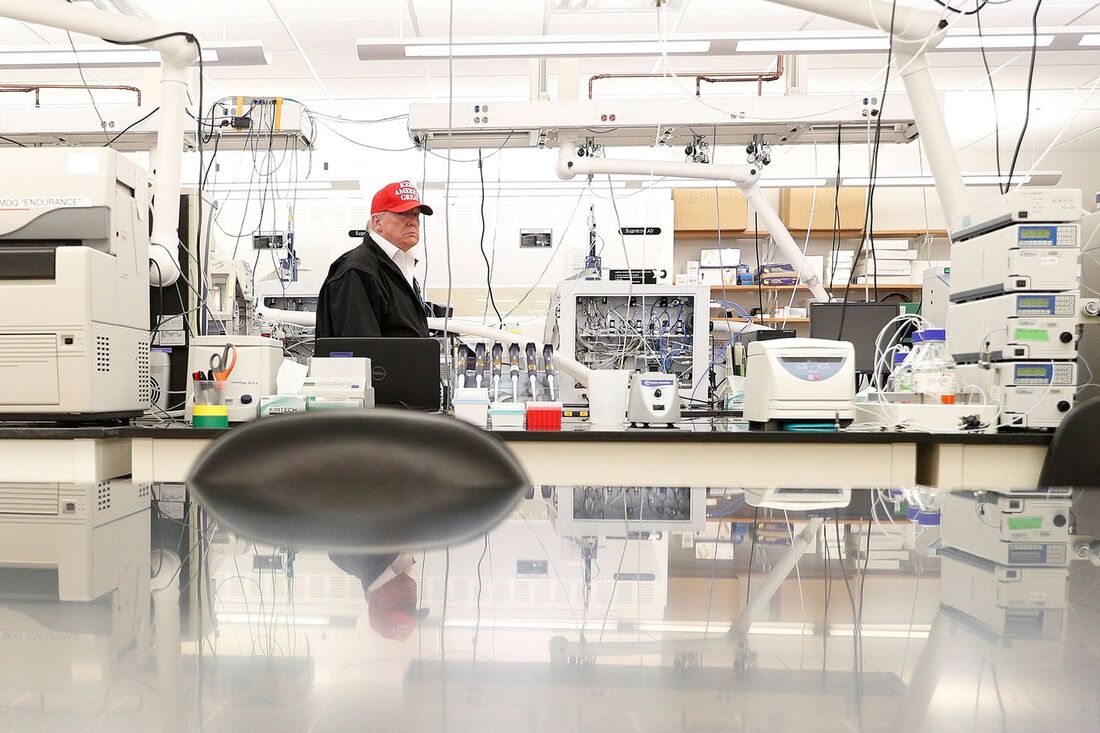Here are some of the governance lessons that stand out to me from the federal level:
First, it’s clear that, with something as big and complex as the current crisis, there is not and can not be just one Federal level agency with the budget or capacity to fully deliver. Over four years ago, President Obama recognized this and put in place a coordinating mechanism that could reach across agency lines to better assure that the response to a major crisis would have the best chance of success. President Trump abolished the Obama-created White House National Security Council Directorate for Global Health Security and Biodefense, consistent with his philosophy of small government being best. In my opinion, that was a short-sighted decision and the current crisis is clear evidence there are challenges where every resource of the Federal government needs to be brought together in a coordinated way to be the most effective.
Second, if a small government approach is the path a President takes, it becomes even more important to have better coordinating and operating systems in place. In any crisis affecting multiple states, there will always be some resources and involvement from the Federal government. For example, the Department of Defense resources for working with state and local governments to deal with the health crisis should always be an option. And, in terms of engagement with the private sector, it should be done in a coordinated, mission-oriented fashion, rather than the “everyone for themselves” approach we’re currently seeing. The private sector has expertise and a huge capacity for innovation and production, but this needs to be leveraged more effectively—which requires strong leadership making specific directives and implementing smart, strategic policies.
With this pandemic, we were simply not prepared. The Federal government was not ready to deal with the challenge and certainly had no coordinated system worked out with state and local government. The fact that our government and infrastructure at the national level and in many states was so woefully under-prepared to deal with this pandemic is linked to successful right-wing moves at all levels of government and across many areas, like health care, the social safety net, and more. They have been able to cut necessary programs at every opportunity, without thinking about the real results including loss of lives.
The other clear lesson in this crisis is that choices made in selecting leadership across all levels of government can and does make a huge difference in the capacity of government to respond with clear, accurate information and decisive action. In making appointments, President Trump emphasized family, business, and political connections much more than whether the person had the capacity to deliver. And, perhaps worst of all, those folks are now in positions where they can effectively shut out or, worse yet, actively ignore or deny the advice of the scientists and experts we do have within our government.
And, when it comes to leadership at the very top—from the President himself—it pains me to see just how far we've fallen from President Truman's "the buck stops here," to President Trump's "I don't take responsibility at all" stance. Deflecting any blame and trying to rewrite the history of his administration's response is a sign of weakness, not strength, in a time of crisis. And it's certainly not the way to actually solve problems or gain trust and credibility with the American people.
Hopefully, out of this crisis, we learn something. Government should be at the size and quality to serve the legitimate needs of the public. Whether that be Federal dominated or heavily led by the states, the response to a crisis like Coronavirus must be well-planned in advance, with the correct systems in place, and the leadership needed to carry out the mission.
I’ll have more “Lessons from Coronavirus” in the coming weeks, including some positive notes on the leadership we’re seeing across our state and country, so I hope you’ll continue to follow along. And keep in mind as we go through these difficult days and weeks: There is always more we can learn. These challenging times will require all the dialogue and lessons we can possibly generate in order to help us all emerge from this crisis stronger. It’s something we can all contribute to and participate in; whether it’s changes to large, complex systems or in our everyday activities, we can always improve, and creativity will be key. Good ideas and leadership can come from anyone, anywhere, at any time. Remember: Challenges simply reveal what we’re made of.

 RSS Feed
RSS Feed